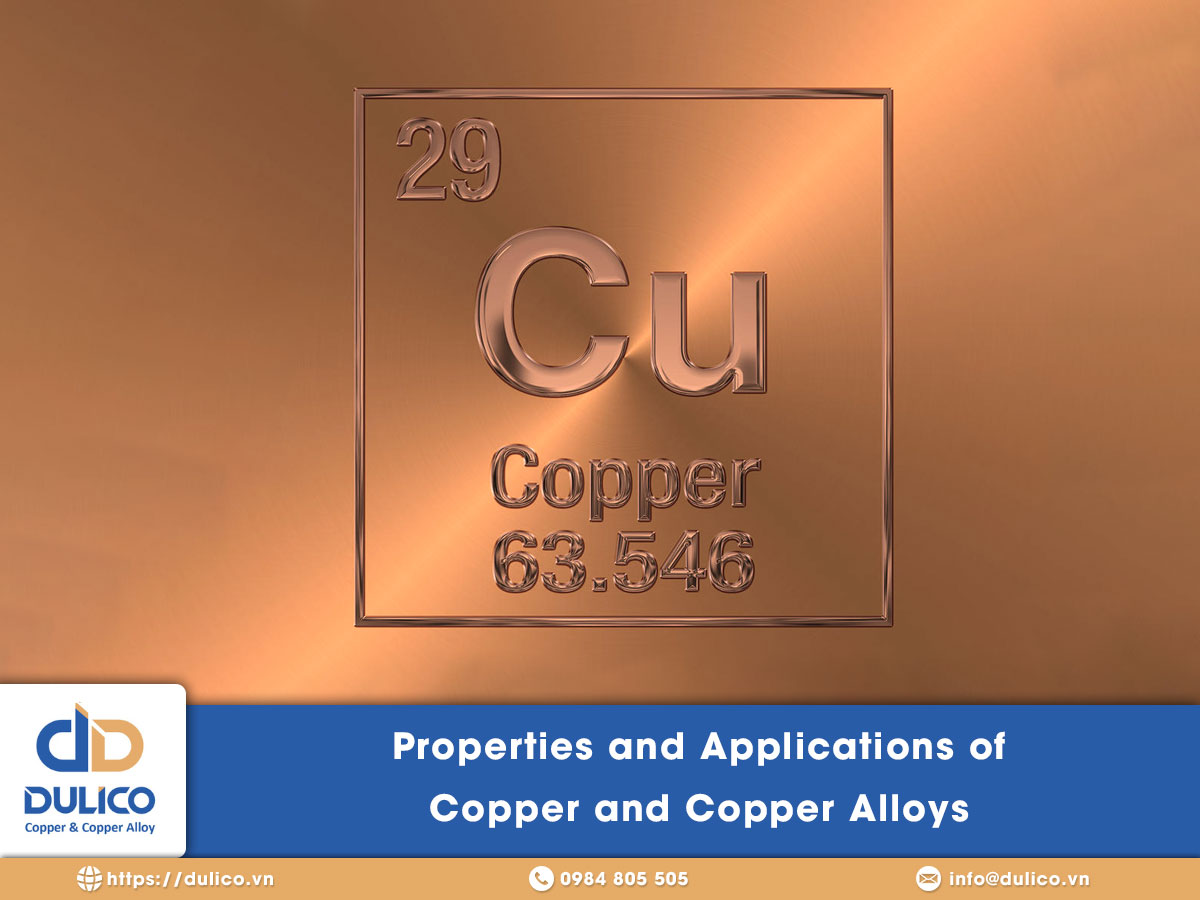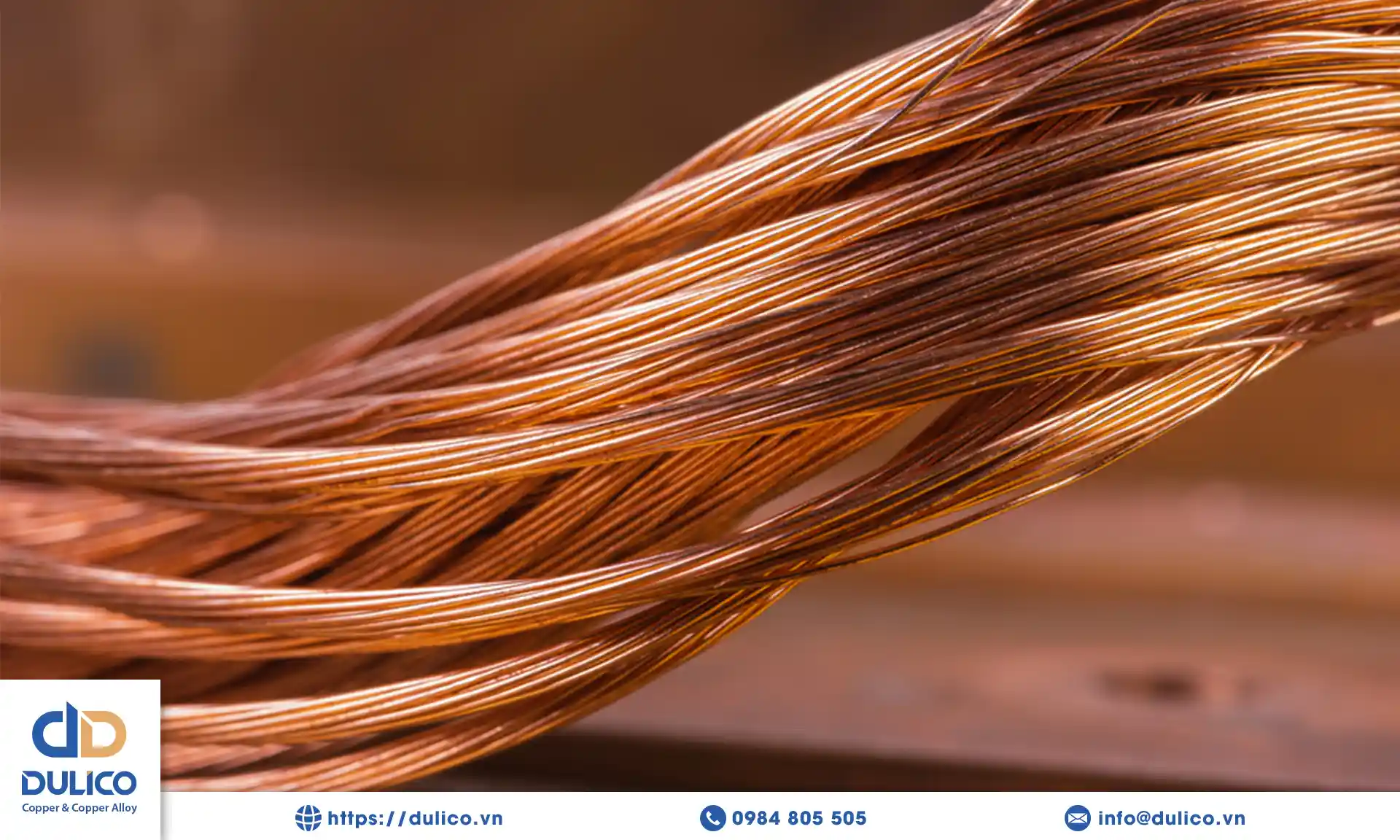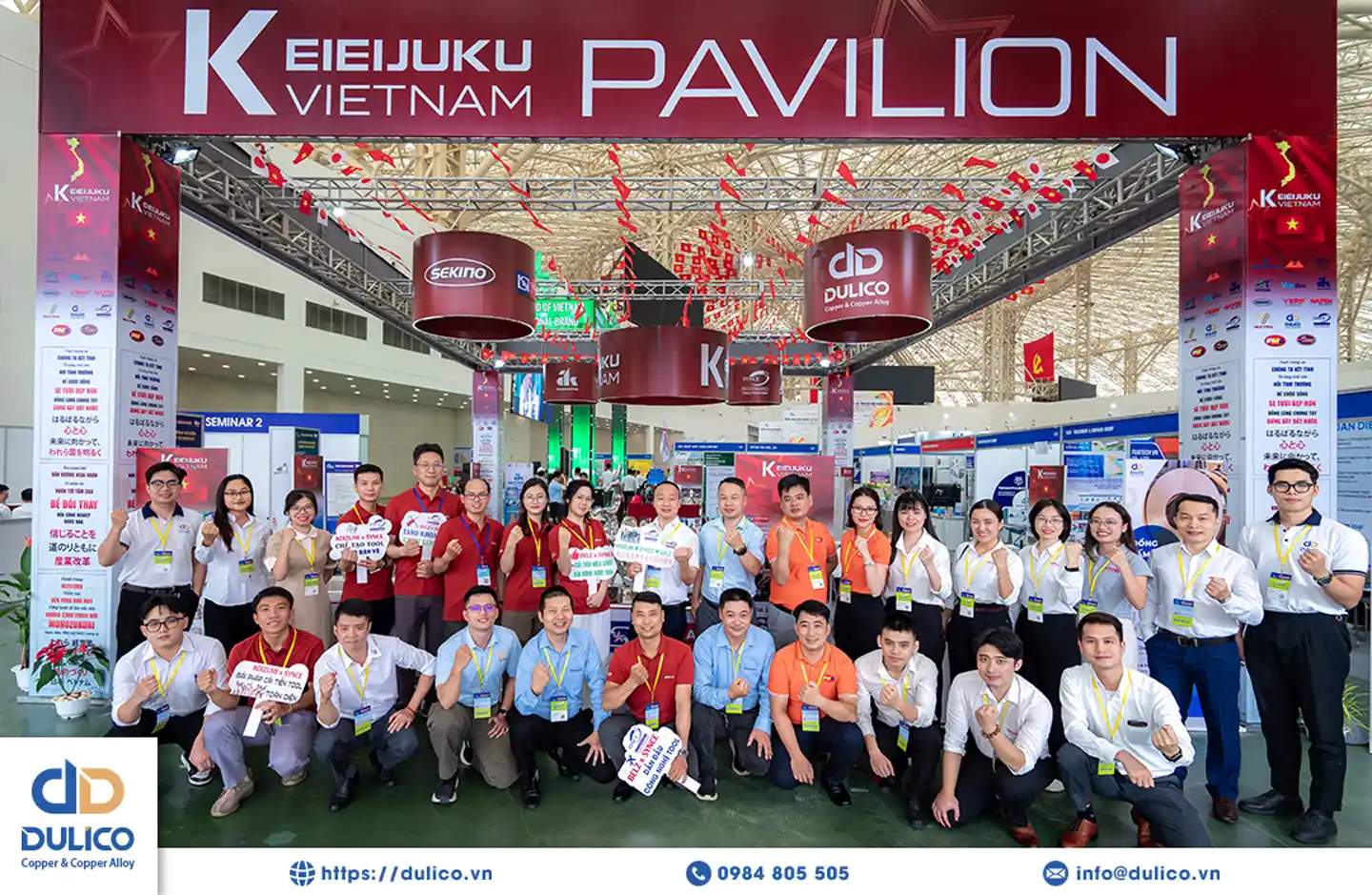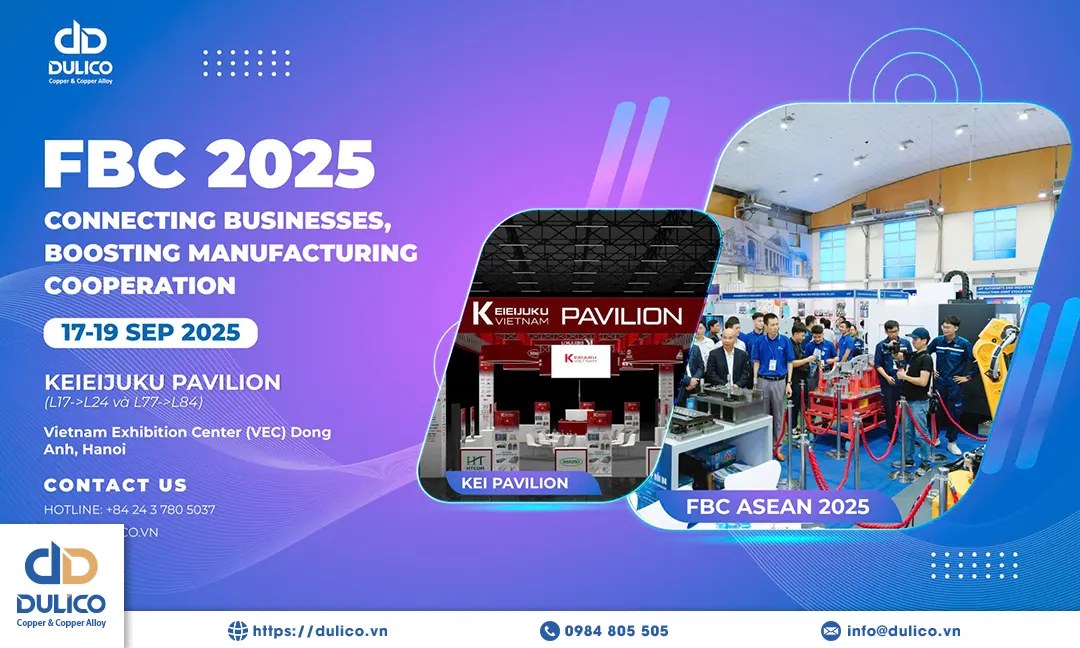Copper is one of the oldest metals used by humans due to its excellent electrical and thermal conductivity, corrosion resistance, and malleability. When combined with other metals, various copper alloys are created, offering a wide range of characteristics and applications across many industries
1. Pure Copper (Copper)
- Properties: Pure copper has the highest electrical and thermal conductivity among all common metals. It is soft, malleable, and resistant to corrosion.
- Applications: Pure copper is widely used in electrical applications such as electrical wiring, cables, and electronic devices. Additionally, it is used in plumbing systems, roofing, and decorative products due to its high aesthetic value and oxidation resistance.
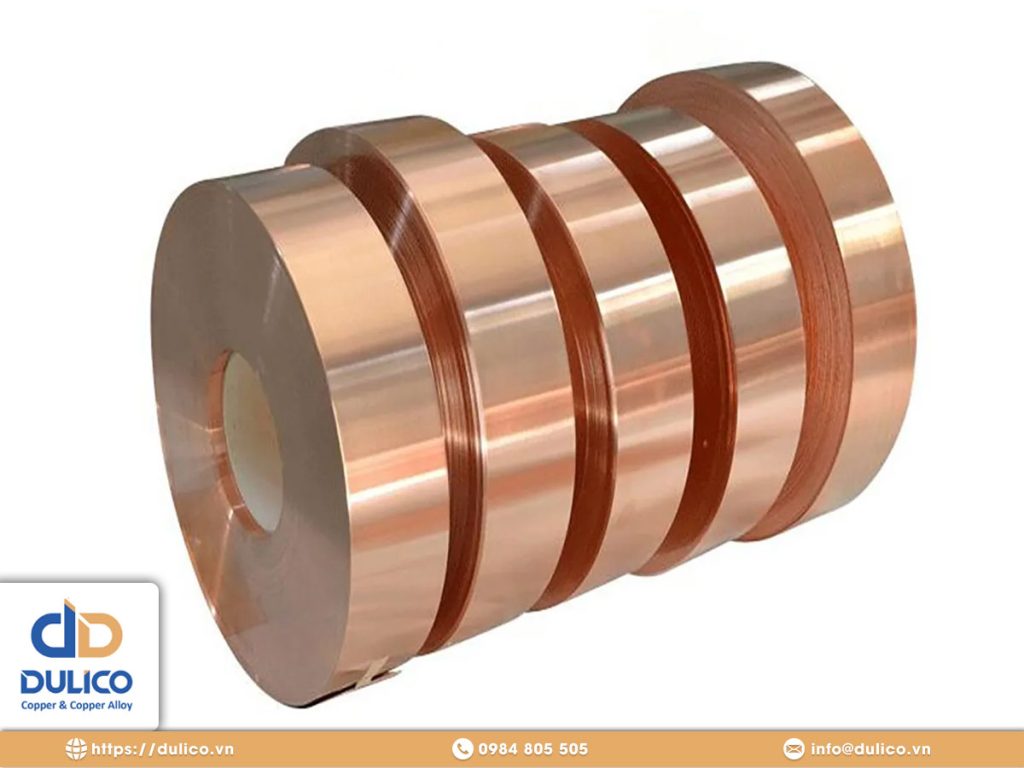
Common Copper Grades: C1100 (99.9% Cu), C1010 (99.99% Cu), C1020 (99.97% Cu), C1201 (99.9% Cu, 0.004-0.014% P).
Brass (Copper and Zinc Alloy)
- Properties: Brass is an alloy of copper and zinc, with a golden-yellow color, easy machinability, and good wear resistance. The zinc content can be adjusted to produce different types of brass with varying hardness and colors.
- Applications: Brass is commonly used in precision mechanical parts, pipe fittings, valves, and locks. Additionally, it is used in decorative items and musical instruments (e.g., brass instruments) due to its aesthetic appeal and durability.
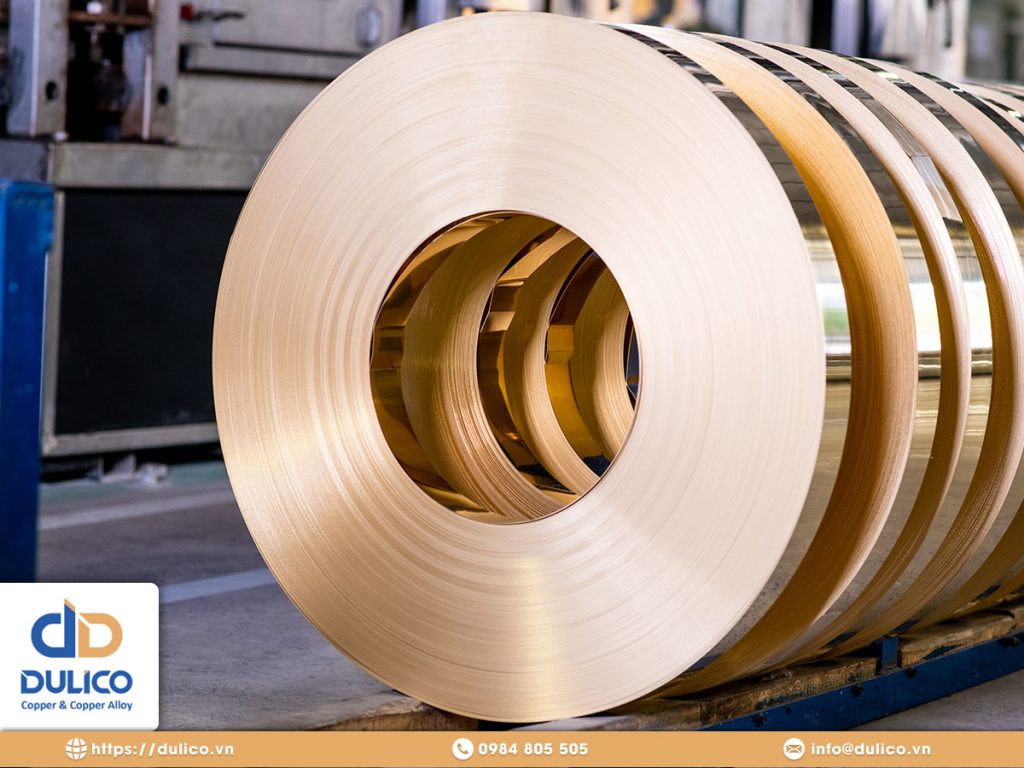
Common Brass Grades: C2600 (70% Cu, 30% Zn), C2680 (66% Cu, 34% Zn), C2800 (60% Cu, 40% Zn).
3. Bronze (Copper and Tin Alloy)
- Properties: Bronze, an alloy of copper and tin, is harder and more corrosion-resistant than pure copper. It also exhibits good heat resistance.
- Applications: Bronze is used in machinery components such as bearings, gears, ship propellers, and parts that require high strength and low friction. Additionally, bronze is used to produce statues, art objects, and bells.
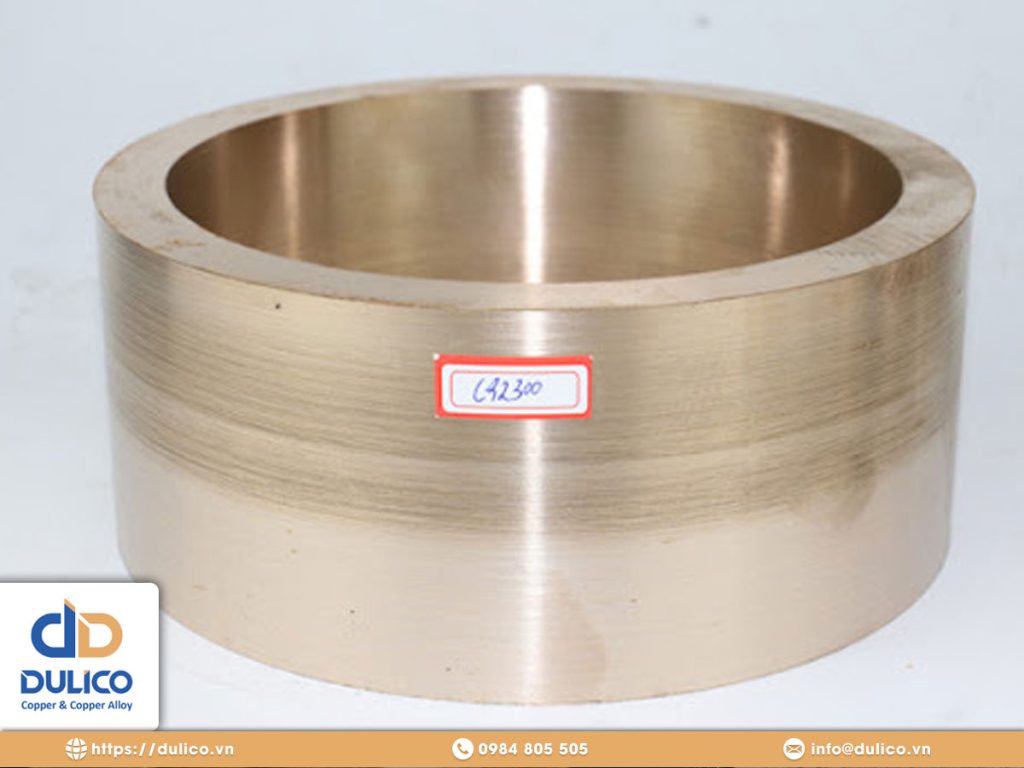
Common Bronze Grades: C9070 (88% Cu, 10% Sn, 2% Zn), C9320 (83% Cu, 7% Sn, 7% Pb, 3% Zn).
4. Cupronickel (Copper and Nickel Alloy)
- Properties: Cupronickel, or copper-nickel alloy, offers excellent corrosion resistance, especially in marine environments. It also provides stable thermal and electrical conductivity.
- Applications: This alloy is commonly used in maritime industries, such as shipbuilding, marine cooling systems, and heat exchangers, thanks to its resistance to seawater corrosion. Additionally, cupronickel is used in coin production and medical instruments due to its natural antibacterial properties.
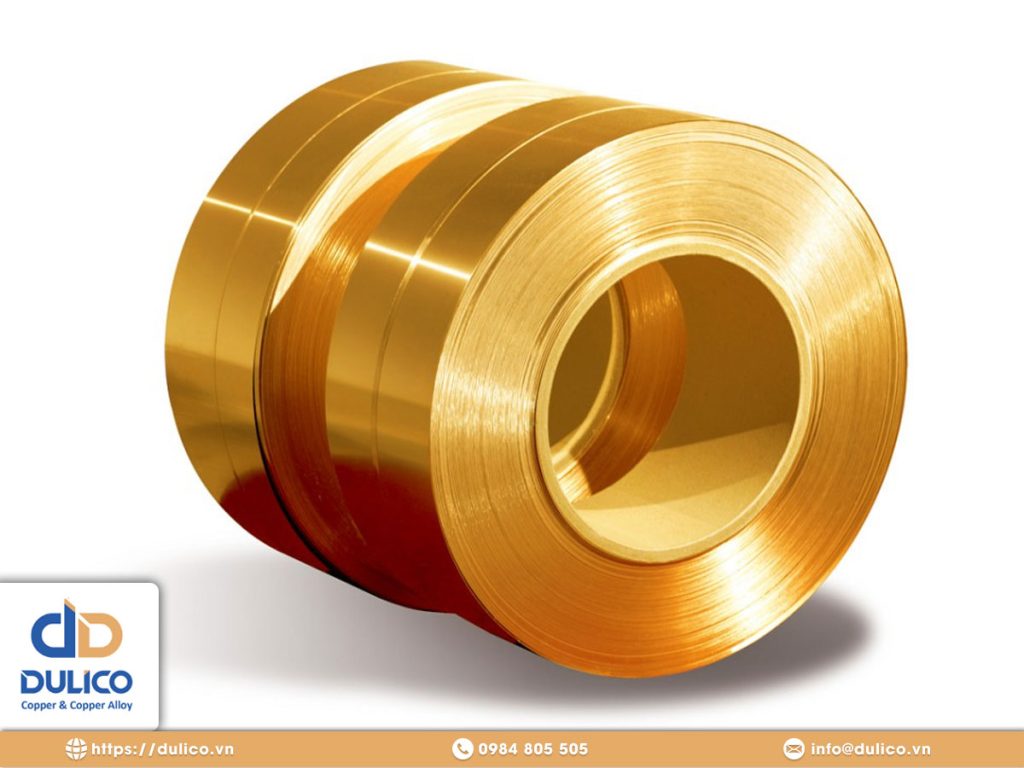
Common Cupronickel Grades: C7060 (90% Cu, 10% Ni), C7150 (70% Cu, 30% Ni).
5. Tin Bronze (Phosphor Bronze)
- Properties: Tin bronze is a type of bronze alloyed with phosphorus, enhancing hardness and wear resistance.
- Applications: This alloy is widely used in moving parts like bearings, bushings, and machine components in harsh working environments. Phosphor bronze is also used in electrical components due to its conductivity and heat resistance.
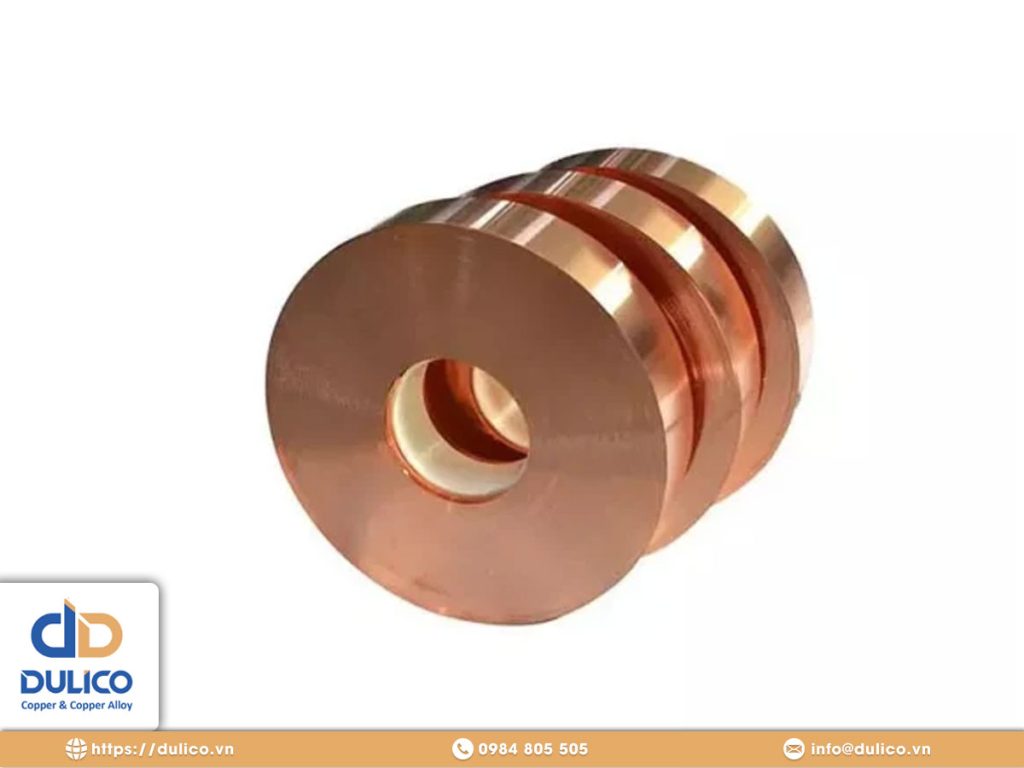
Common Tin Bronze Grades: C5100 (94.8% Cu, 5% Sn, 0.2% P), C5210 (92% Cu, 8% Sn).
6. Red Brass (Red Copper)
- Properties: Red brass is an alloy of copper with a small amount of zinc and, in some cases, lead, providing increased strength while maintaining good electrical and thermal conductivity.
- Applications: Red brass is commonly used in plumbing fixtures, refrigeration equipment, and decorative castings.
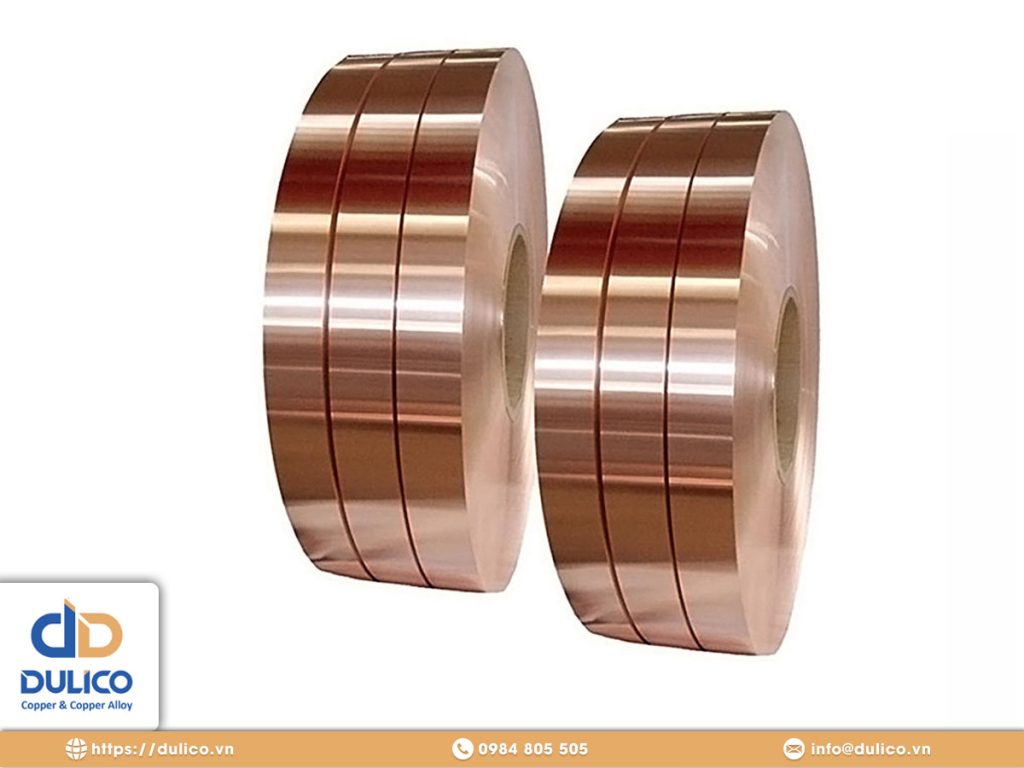
Common Red Brass Grades: C2300 (85% Cu, 5% Pb, 5% Zn, 5% Sn), C8360 (85% Cu, 5% Pb, 5% Zn, 5% Sn)
Copper and its alloys play a crucial role in many industrial and commercial sectors due to their diverse physical and chemical properties. From electronics and machinery to art and decoration, copper and its alloys are ideal choices for various needs.
To receive a quotation and detailed consultation on products and technical specifications, please contact:
| Mr. Doan Thanh Tung (David) International Sales 📞+84 975 441 115 ✉️ tung.doan@dulico.vn | Mr. Nguyen Trong Duy (LEO) Director ✉️ duy.nguyen@dulico.vn |






